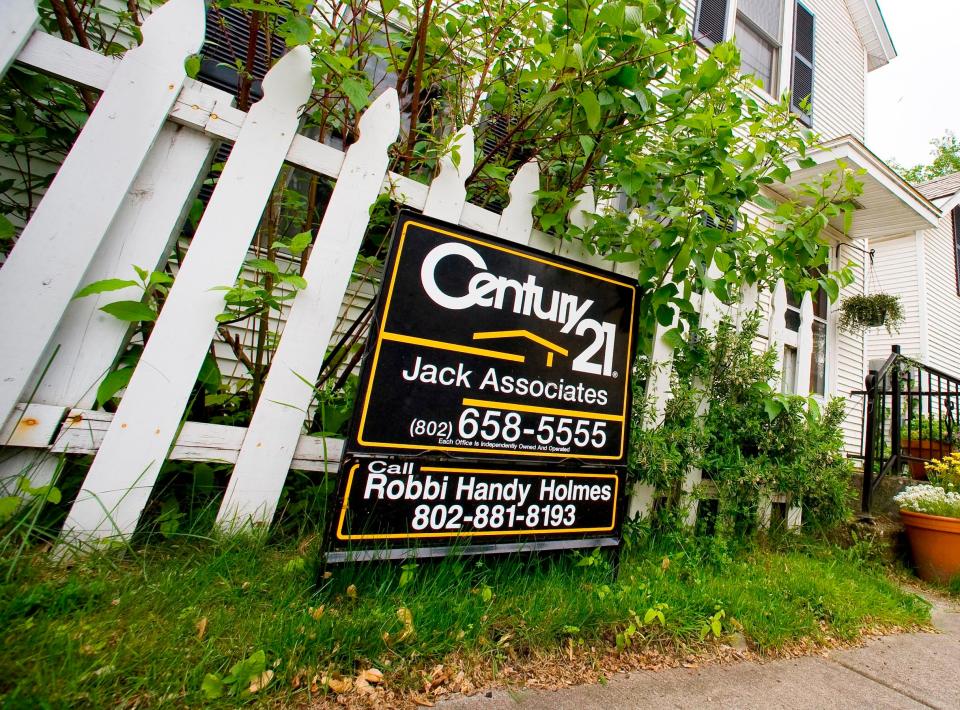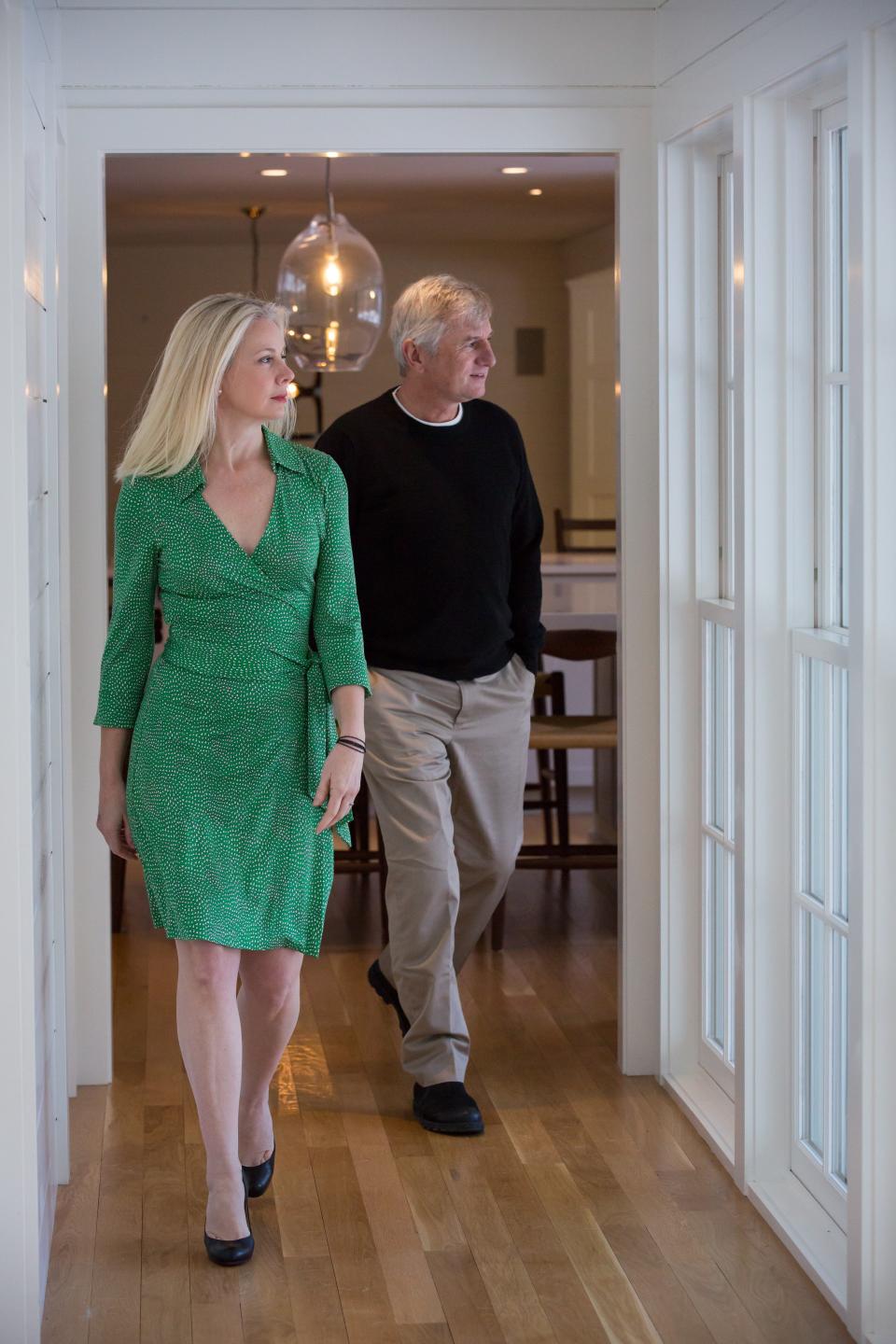Real estate commissions could change following lawsuits: How would it affect Vermont?
The commissions you pay when you buy or sell a house may be going down soon as a result of class action lawsuits filed against the National Association of Realtors (NAR) and several large brokerage firms.
The NAR agreed last week to pay $418 million to settle a lawsuit brought in federal court in Missouri that challenged the real estate industry's commission structure. The settlement still has to be approved by the judge.
Kevin Chiang, a professor of real estate at the University of Vermont's Grossman School of Business, said in an email the lawsuit was about whether NAR and real estate brokerage firms "conducted their business in an unfair way that harmed home sellers' (i.e. clients') interests."
"The new rules of the settlement and the ongoing investigation efforts of (the Department of Justice) both point to a new 'decoupling' direction," Chiang said. "That is, home buyers and sellers are likely to negotiate fees with their own brokers and pay their own brokers separately in the future. Currently, most home sellers pay a 'bundled' fee of 5-6% to sellers' brokers and then sellers' brokers share a fee of 2-3% with the buyers' brokers; home buyers do not explicitly pay for buyer brokers' services."
Another change that's coming sometime in July, according to Laurie Mecier-Brochu, CEO/president and partner at Four Seasons Sotheby's International Real Estate in Rutland, is that offers of compensation will be moved off the MLS. Buyers and sellers will negotiate their fees with their own representatives, Mecier-Brochu said in an email. The MLS, or multiple listing service, is the source of homes for sale maintained by the industry.
"Written buyer agency agreements will be required between an agent and the buyer prior to viewing properties," she said.
Get ready for some downward pressure on fees, real estate agents
Ryan Tomasello, a real estate industry analyst with Keefe, Bruyette & Woods in New York City, believes this new commission structure will put significant "downward pressure" on the fees agents charge, and that marginally successful agents will exit the business as a result.

"In our view, the combination of mandated buyer representation agreements and the prohibition of blanket compensation offers made by listing agents and sellers should result in significant price competition for buyer agent commissions," Tomasello wrote in a March 15 note.
In a series of reports, Tomasello has predicted the lawsuits could result in a 30% reduction in the $100 billion paid in real estate commissions by Americans every year, according to USA Today. In addition, Tomasello thinks the legal decisions could result in 60% to 80% of the 1.6 million agents leaving the industry.
Vermont is different. Isn't it always?
Brian Boardman of the Brian Boardman Group, Coldwell Banker, Hickok & Boardman, in Burlington, does not believe the consequences of the lawsuits will be so severe in Vermont.
"In general in Vermont we're sort of ahead of the curve," Boardman said. "There are agencies and companies that do every kind of different fee. They all have their own price structures. In bigger states and cities the assumption was there was collusion, keeping fees at a certain number. We have a varied rate depending on price of the home. Other companies have pricing that varies from a flat fee of $1,500 to a full-service brokerage."

Looking for a new norm
Chiang expects a variety of new fee structures will be tried out by the industry until a "new norm" is established.
"Home buyers and sellers and brokers will need to endure some degree of confusion and uncertainty," Chiang said.
Chiang also expects real estate fees in the United States to fall more in line those of other advanced economies, such as the United Kingdom.
"The average total brokerage fee of a home sale in the U.S. is likely to decrease significantly from the current level of 5-6% round trip (buy and sell) to around 3-4%," Chiang said.
Chiang agrees the real estate agent market is going to be more competitive.

"As a result, the number of realtors is likely to decrease," he said. "Subpar brokers will exit the industry, but surviving realtors will continue to add meaningful value to home sales and continue to earn a similar level of labor income."
One thing that won't change, according to Mecier-Brochu, is home prices in Vermont.
"In our marketplace, we are still facing a shortage of standing inventory, and buyers are still looking to buy," she said. "This fact will most likely keep housing prices steady."
Contact Dan D’Ambrosio at 660-1841 or ddambrosi@gannett.com. Follow him on Twitter @DanDambrosioVT. This coverage is only possible with support from our readers.
This article originally appeared on Burlington Free Press: Real estate lawsuit could change broker fees in VT for sellers, buyers

